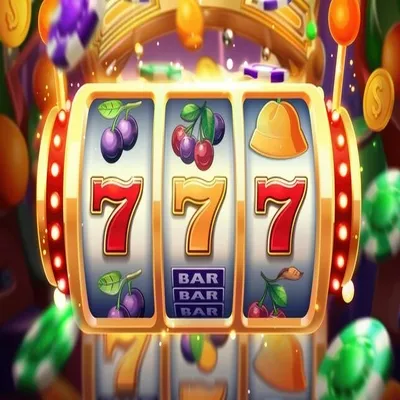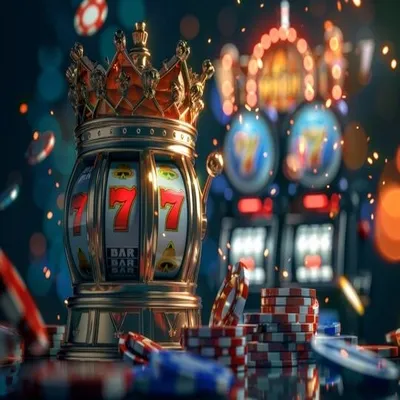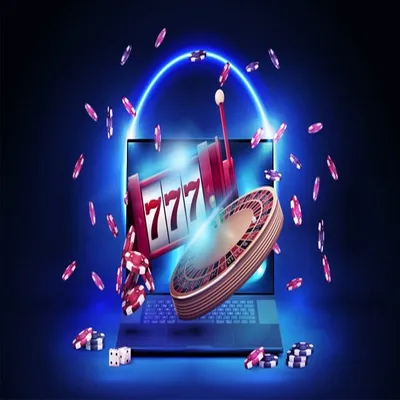html6739f799230.html
₱5962
html6739f799230.html as for the first 3 quarters of 2023, the gross gaming income from Texas Hold’em poker was MOP418 million, which is only 0.32% of the total gross gaming income of Macau casinos which was MOP128.95 billion for the identical period. html6739f799230.html ₱5740 in collaboration with PlayAGS, Inc., BetMGM unveils the highly anticipated Rakin’ Bacon Odyssey to the eager gaming community of Michigan.
Quantity
- Update Time: 2024-08-10
- Category: InternetApplication
- Tags: Android
Product description
html6739f799230.html such a structural approach, coupled with the reward policy on sports developments reportedly show that Kenya is completely focused on premium sports achievements.







